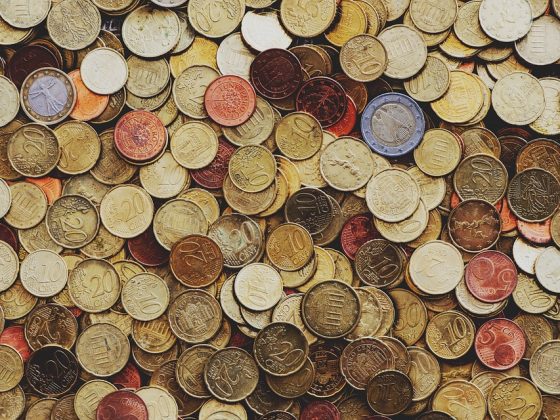In today's digital age, protecting your data and privacy has never been more important. With the increasing reliance on technology and the internet for various aspects of our lives, it has become crucial to take steps to safeguard our personal information from potential threats. From hackers to cybercriminals, there are various entities out there who are constantly looking for ways to gain unauthorized access to our data.
Fortunately, there are several essential tech tips that can help you protect your data and privacy online. By following these tips, you can minimize the risk of falling victim to cyber attacks and keep your personal information secure.
1. Use Strong and Unique Passwords
One of the most basic yet effective ways to protect your data online is by using strong and unique passwords for all your accounts. Avoid using easily guessable passwords such as “123456” or “password.” Instead, create complex passwords that consist of a mix of letters, numbers, and special characters. Additionally, make sure to use different passwords for each of your accounts to prevent a data breach from compromising all of your accounts at once.
2. Enable Two-Factor Authentication
Two-factor authentication adds an extra layer of security to your accounts by requiring you to provide an additional verification code in addition to your password. This helps to ensure that even if your password is compromised, hackers will still need access to your mobile device or email account to log in to your accounts.
3. Keep Your Software Up to Date
Regularly updating your operating system, applications, and antivirus software is crucial in protecting your data from security vulnerabilities. Software updates often include patches for known security flaws, which can help prevent cyber attacks and malware infections.
4. Be Mindful of Phishing Scams
Phishing scams are a common tactic used by cybercriminals to trick individuals into divulging their personal information. Be wary of unsolicited emails, text messages, or phone calls that request sensitive information such as passwords, credit card details, or social security numbers. Always verify the legitimacy of the sender before responding to any requests for personal information.
5. Secure Your Wi-Fi Network
Securing your Wi-Fi network is essential for preventing unauthorized access to your internet connection and devices. Create a strong password for your Wi-Fi network and enable WPA2 encryption to protect your data from eavesdroppers and cyber attacks.
6. Use a Virtual Private Network (VPN)
A VPN encrypts your internet traffic and hides your IP address, making it difficult for third parties to intercept your data. By using a VPN, you can protect your online privacy and secure your data when connecting to public Wi-Fi networks or browsing the web.
7. Limit the Amount of Personal Information You Share Online
Be cautious about sharing personal information on social media and other online platforms. Avoid posting sensitive details such as your address, phone number, or birthdate publicly, as this information can be used by cybercriminals to target you for identity theft or fraud.
8. Regularly Back Up Your Data
Backing up your data regularly is essential in case of a data breach, ransomware attack, or hardware failure. By keeping copies of your important files and documents on an external hard drive or cloud storage service, you can ensure that your data remains safe and accessible even in the event of a disaster.
By implementing these essential tech tips, you can significantly reduce the risk of falling victim to cyber attacks and protect your data and privacy online. Remember to stay vigilant and proactive in safeguarding your personal information from potential threats.
FAQs:
Q: What is ransomware, and how can I protect myself from it?
A: Ransomware is a type of malware that encrypts your files and demands a ransom for their release. To protect yourself from ransomware, make sure to regularly back up your data, avoid clicking on suspicious links or attachments, and keep your software up to date.
Q: How can I tell if a website is secure?
A: Look for HTTPS in the website's URL, which indicates that the site is using a secure connection. Additionally, check for a padlock symbol in the address bar, which signifies that the website is encrypted and safe to use.
Q: Is it safe to use public Wi-Fi networks?
A: Public Wi-Fi networks are generally insecure and can be easily accessed by hackers. To protect your data when using public Wi-Fi, use a VPN to encrypt your internet traffic and avoid accessing sensitive information such as online banking or shopping accounts.
Q: What should I do if I suspect that my data has been compromised?
A: If you suspect that your data has been compromised, change your passwords immediately, notify your financial institutions, and monitor your accounts for any suspicious activity. Consider contacting a cybersecurity professional for further assistance in securing your data and preventing future breaches.











